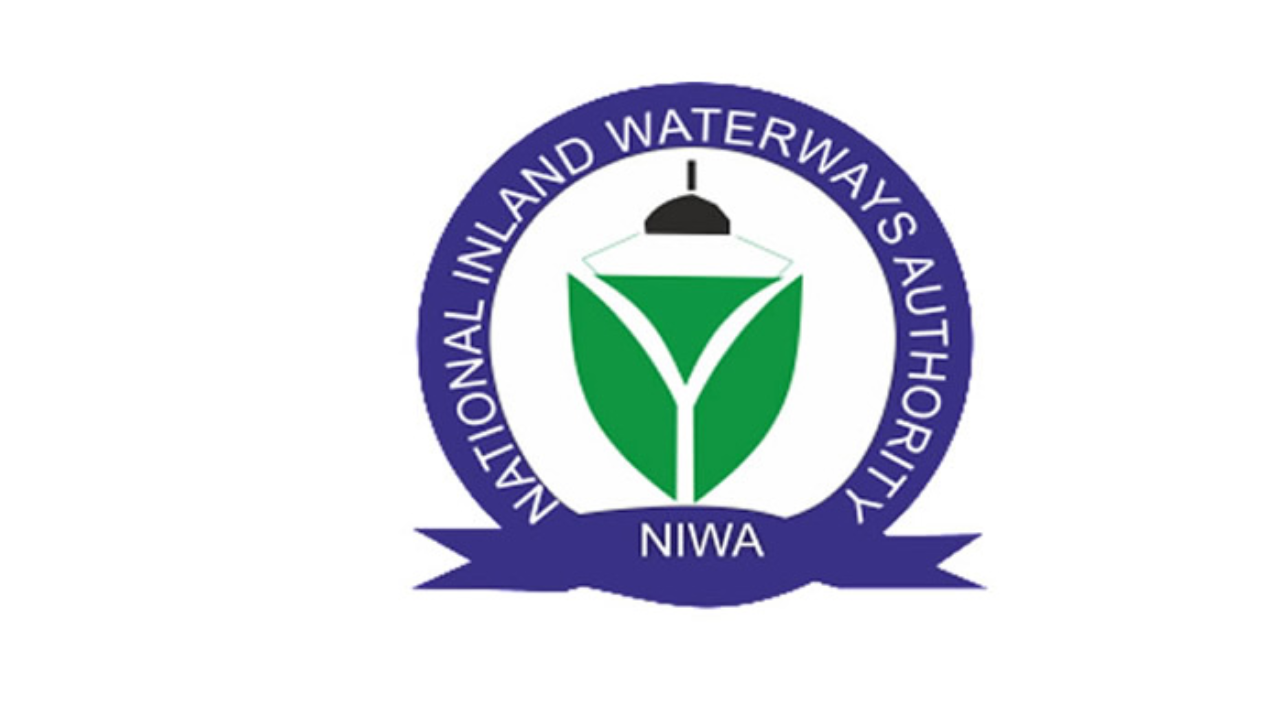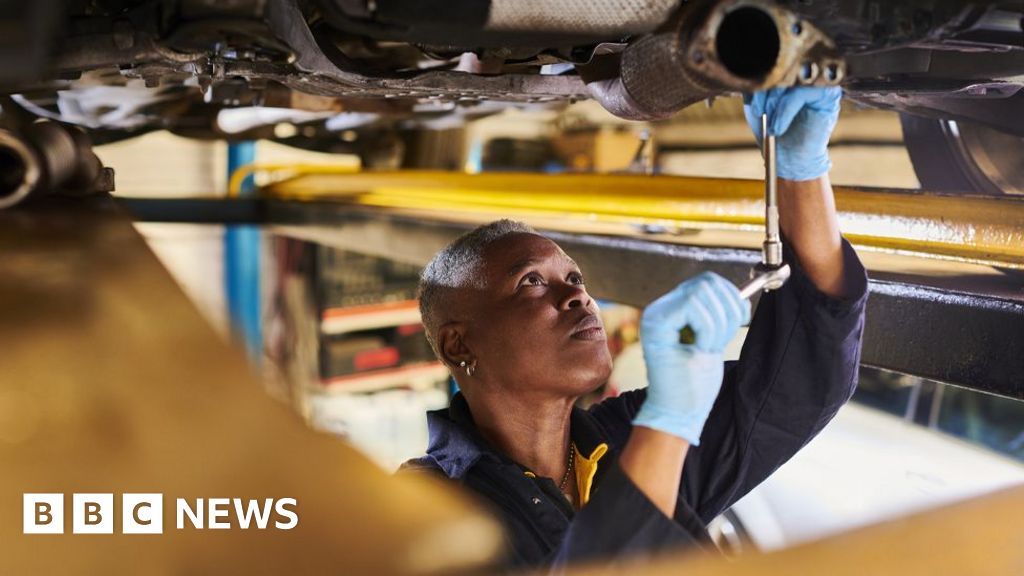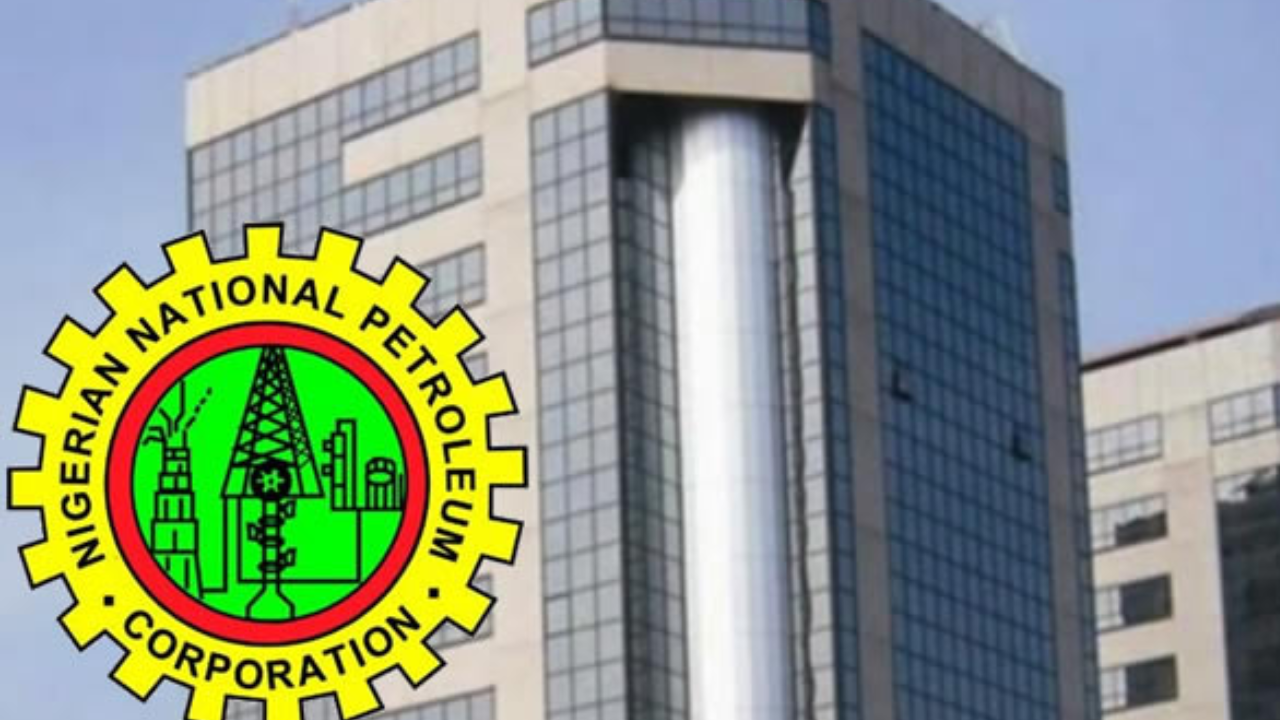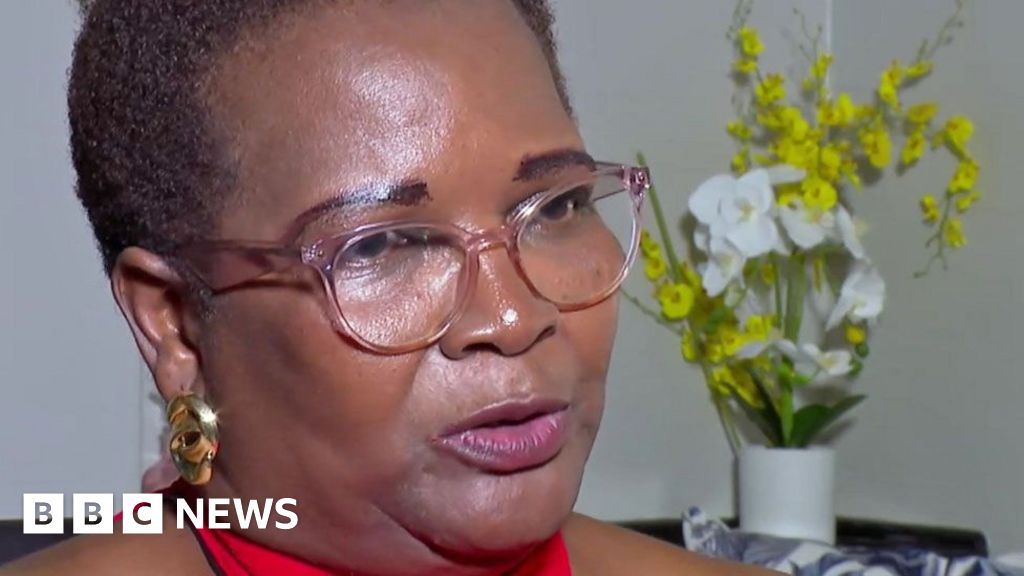The Socio-Economic Rights and Accountability Project has urged the Governor of the Central Bank of Nigeria, Mr Olayemi Cardoso, “to account for and explain the whereabouts of the over N100 billion ‘dirty and bad notes’ and ‘other large sum of cash awaiting examination’ which are kept in various branches of the CBN.”
In a letter dated June 29, 2024, and signed by its Deputy Director, Kolawole Oluwadare, SERAP said the allegations are documented in the latest annual report recently published by the Auditor-General of the Federation.
The organisation said these allegations by the Auditor-General suggest grave violations of public trust, the provisions of the Nigerian Constitution, the CBN Act, and national and international anti-corruption obligations.
SERAP also asked Cardoso to “explain the whereabouts of the N7.2 billion budgeted for the construction of the CBN Dutse branch in 2010 and the N4.8 billion budgeted for the renovation of the CBN Abeokuta branch in 2009, and to publish the names of the contractors who collected the money but failed to complete the projects.”
SERAP urged the CBN boss “to explain the whereabouts of the allegedly missing outstanding loan of N1.2 billion granted to the Enugu State Government in 2015 and the outstanding loan of N1.9 billion granted to the Anambra State Government between 2015 and 2016 and to fully recover and remit the public funds to the treasury.”
It also asked him “to refer these grave violations of the Nigerian Constitution 1999 (as amended), the CBN Act and the country’s national and international anti-corruption obligations to appropriate anti-corruption agencies for investigation and prosecution, as appropriate, and the recovery of the public funds.”
The letter read in part, “We would be grateful if the recommended measures are taken within seven days of the receipt and/or publication of this letter. If we have not heard from you by then, SERAP shall take all appropriate legal actions to compel you and the CBN to comply with our request in the public interest.
“Explaining the whereabouts of the missing public funds, publishing the names of those suspected to be responsible and ensuring that they are brought to justice and the full recovery of any missing public funds would serve the public interest and end the impunity of perpetrators.
“According to the recently published 2020 audited report by the Auditor General of the Federation (AGF), the Central Bank of Nigeria (CBN) has since 2017 been keeping over N100 billion ‘dirty and bad notes’, and other large sums of cash awaiting examination in various branches of the CBN.
“The Auditor-General fears that the ‘dirty and bad notes’ initially planned to be destroyed may have been ‘diverted and re-injected into the economy.’
“The CBN in August 2010 also reportedly budgeted N7.2 billion [N7,286,500,476.76] for the construction of the Dutse branch building. The Dutse branch was due to be completed in November 2012 but the contractors have failed to complete the project.
“The Auditor-General is concerned that the project may have been ‘awarded to an incompetent contractor,’ and wants the ‘job completed without further delay.’
“The CBN in 2009 reportedly budgeted N4.8 billion [N4,812,608,028.10] for the renovation of the CBN Abeokuta branch. The Abeokuta branch was due to be completed in 2012 but the contractors have failed to complete the project.
“There is no significant renovation work on the site, several years after the proposed completion date. The Auditor-General is concerned that the project may have been ‘awarded to an incompetent contractor,’ and wants the ‘job completed without further delay.’”
SERAP said these violations also reflect a failure of CBN accountability more generally and are directly linked to the institution’s persistent failure to comply with its Act and to uphold the principles of transparency and accountability.”
It added, “The CBN also reportedly failed to account for the missing outstanding loan of N1.2 billion granted to the Enugu State Government in 2015 and the outstanding loan of N1.9 billion granted to the Anambra State Government between 2015 and 2016. The Auditor-General fears the public funds may have been diverted. He wants the money fully recovered and remitted to the treasury.
“Paragraph 708 of the Financial Regulations 2009 provides that, ‘on no account should payment be made for services not yet performed or for goods not yet supplied.’
“Section 35(2) of the Public Procurement Act 2007 provides that, ‘once a mobilization fee has been paid to any supplier or contractor, no further payment shall be made to the supplier or contractor without an interim performance certificate.
“Section 16(6) of the Public Procurement Act states that ‘all bidders shall possess the necessary professional and technical qualifications to carry out particular procurements; the financial capacity and adequate personnel to perform the obligations of the procurement contracts.’”
SERAP asserted that these alleged violations have seriously undermined the ability of the CBN to effectively discharge its statutory functions and the public trust and confidence in the bank.
According to the organisation, the apex bank ought to be committed to transparency and accountability in its operations.
It added, “SERAP notes that Section 15(5) of the Nigerian Constitution requires public institutions to abolish all corrupt practices and abuse of power.” Section 13 of the Constitution imposes a clear responsibility on the CBN to conform to, observe and apply the provisions of Chapter 2 of the Constitution.
“Paragraph 3112(ii) of the Financial Regulations 2009 provides that, “Where a public officer fails to account for government revenue, such officer shall be surcharged for the full amount involved and such officer shall be handed over to either the Economic and Financial Crimes Commission (EFCC) or the Independent Corrupt Practices and Other Related Offences Commission (ICPC).
“Nigeria has made legally binding commitments under the UN Convention against Corruption to ensure accountability in the management of public resources. Articles 5 and 9 of the UN Convention against Corruption also impose legal obligations on the CBN to ensure proper management of public affairs and public funds.
“Nigerians have the right to know the whereabouts of the public funds. Taking the recommended measures would advance the right of Nigerians to restitution, compensation and guarantee of non-repetition.
“The Nigerian Constitution, Freedom of Information Act, and the country’s anti-corruption and human rights obligations rest on the principle that citizens should have access to information regarding their public institutions’ activities.”

 4 months ago
48
4 months ago
48















 English (US) ·
English (US) ·